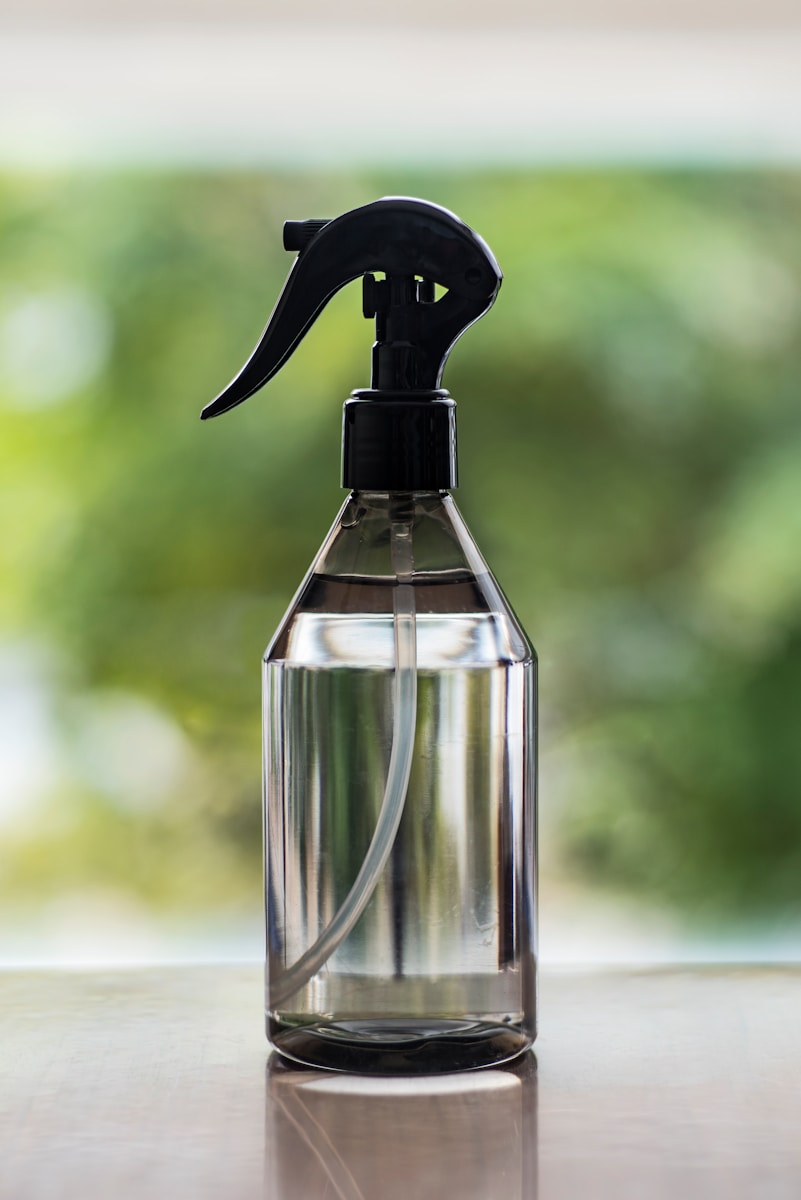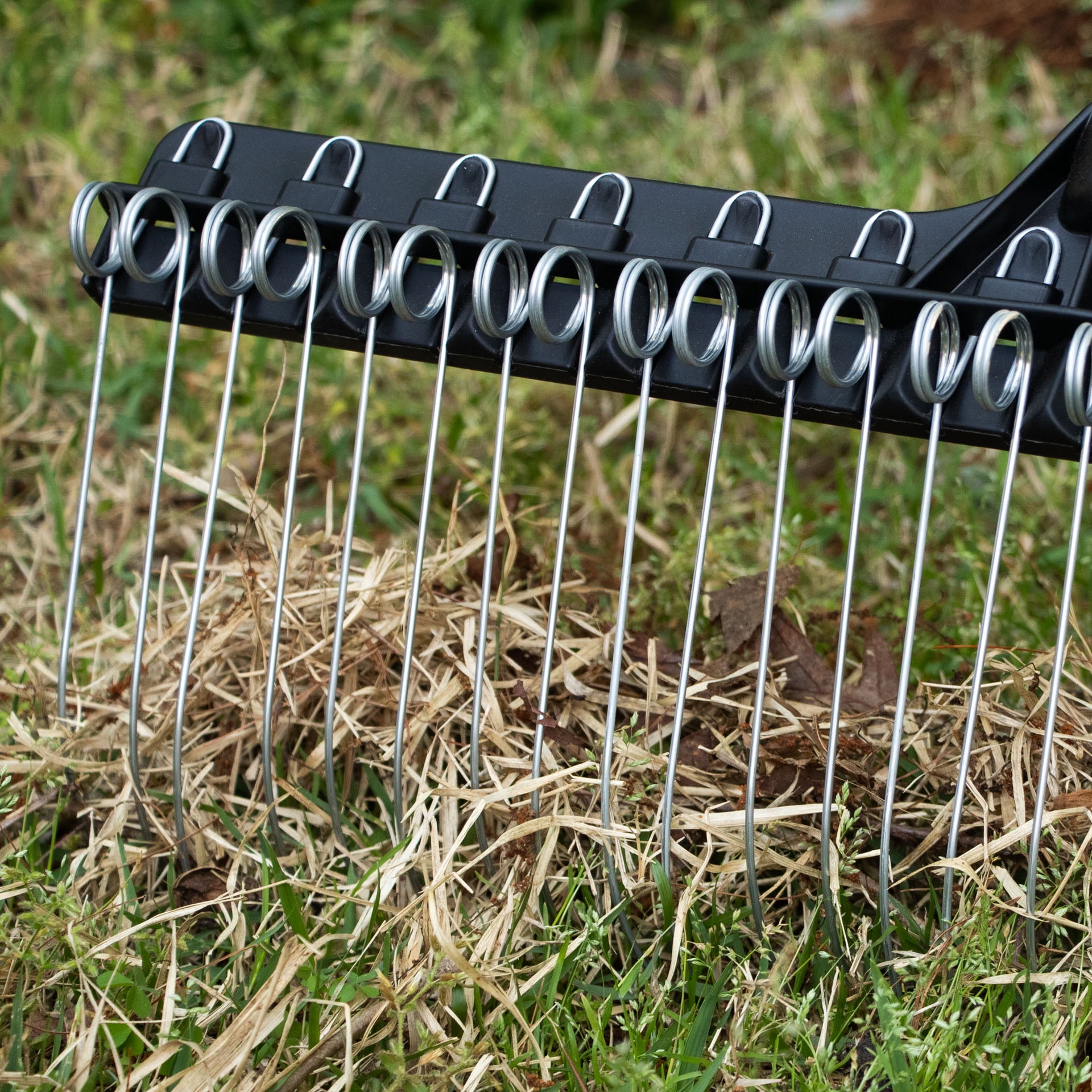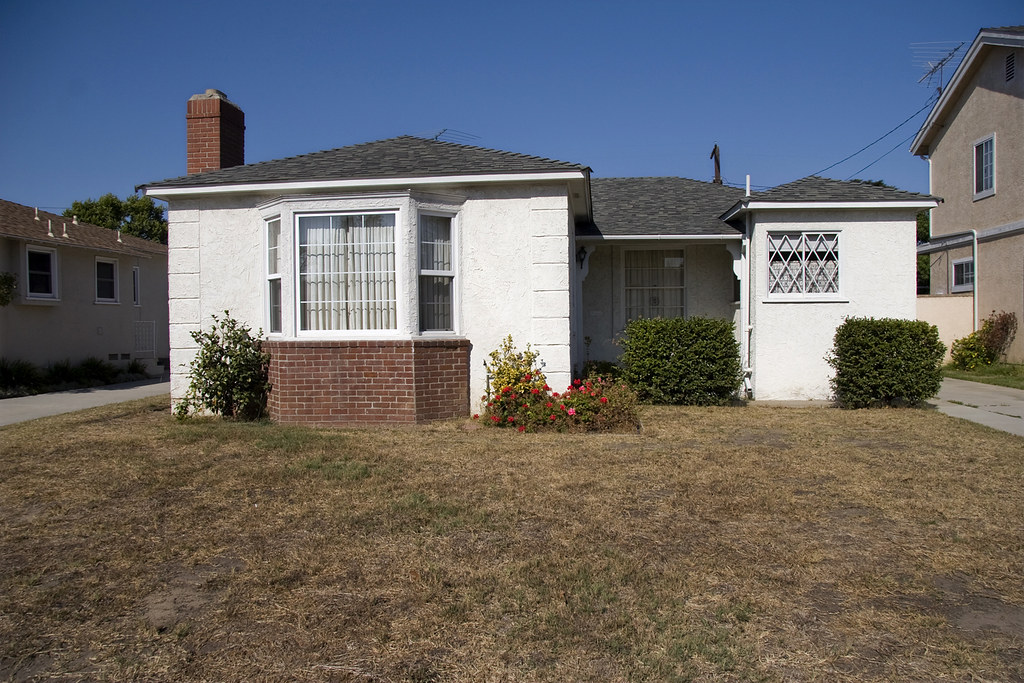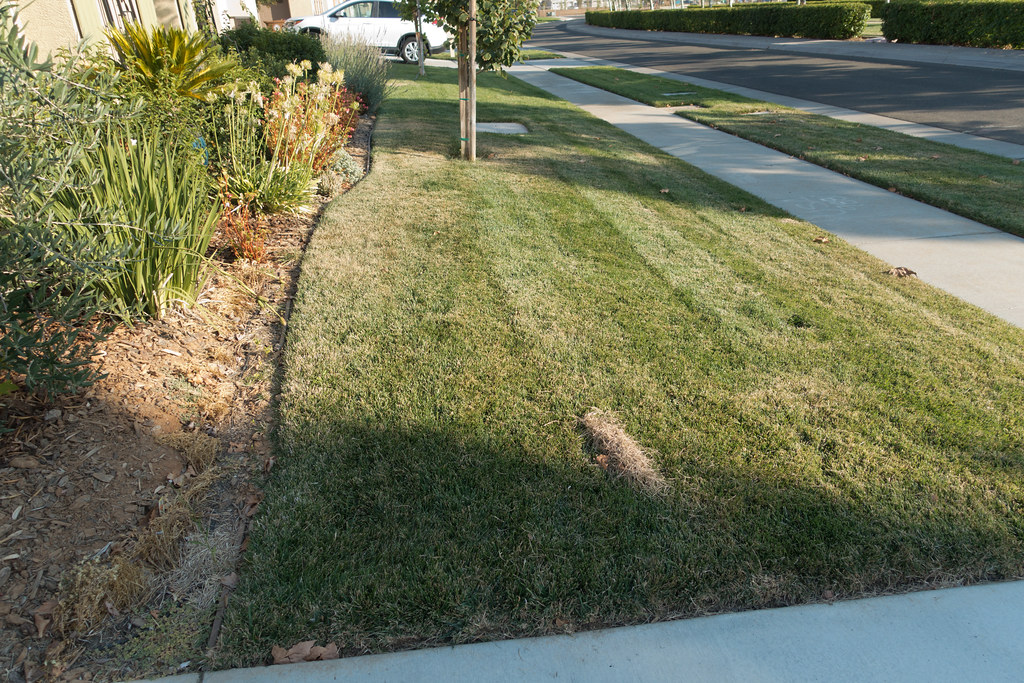Dear Seasoned Spade,
My yard is currently losing the battle against weeds, and I’m trying to avoid turning it into a chemical wasteland. Are there any DIY weed killers that actually work and won’t leave me questioning my life choices?
Sincerely,
Desperate in Dallas
Well, Desperate,
First off, congratulations on resisting the siren song of store-bought herbicides. We all know those brightly labeled bottles promising a weed-free utopia are tempting, but they often come with side effects—like turning your lawn into a cautionary tale. Fear not, there are DIY solutions that can help, and they don’t involve wearing a hazmat suit.
Weeds, Weeds Everywhere
Weeds are the uninvited houseguests of the garden world. You didn’t ask them to move in, yet here they are—spreading faster than gossip at a neighborhood potluck. Whether it’s dandelions sprouting up like they own the place or crabgrass creeping across your lawn with the determination of a teenager avoiding chores, weeds are relentless. They compete with your plants for nutrients, sunlight, and water, often outpacing your carefully cultivated greenery. And the worst part? They thrive on neglect and bad decisions—just like that leftover pizza you swore you wouldn’t eat at midnight.
DIY Weed Killers That Actually Work
Let’s get to the good stuff—solutions that won’t turn your soil into a barren wasteland.
Vinegar: Plain old household vinegar, with its acetic acid punch, can zap young weeds on a sunny day. Just spray it directly on the leaves, but beware—vinegar doesn’t discriminate. Anything green it touches is fair game, including your prized petunias. For extra strength, use horticultural vinegar, which has a higher acidity level.
Boiling Water: The classic boiling water trick is simple, cheap, and effective. Pouring scalding water over weeds delivers instant karma. It’s especially handy for cracks in sidewalks and driveways, but fair warning—if you miss and pour it on your foot, you’ll regret it. This method works best for smaller weeds with shallow roots.
Salt: A sprinkle of salt at the base of weeds dehydrates them into oblivion. But proceed with caution—too much salt can turn your soil into a no-grow zone for years, and unless you’re landscaping a desert, that’s not ideal. Use it sparingly, focusing on areas where you don’t want anything to grow, like gravel driveways.
DIY Concoctions: Some folks swear by a DIY mixture of vinegar, salt, and dish soap. The soap helps the mix stick to the leaves, while the other two ingredients team up for destruction. The formula is simple: 1 gallon of vinegar, 1 cup of salt, and a tablespoon of dish soap. Apply in the heat of the day for the best results.
Mulching: While not a killer per se, mulching is a great preventive strategy. A thick layer of organic mulch can smother weeds before they have a chance to see the light of day. Plus, it helps retain soil moisture and adds nutrients as it breaks down.
Keep Calm and Keep Pulling
Now, let’s be real—DIY weed killers aren’t miracle workers. They help, but so does a good old-fashioned weeding session. Put on some gloves, grab a weeding tool, and go to town. Focus on pulling weeds when the soil is moist; roots come out easier and more completely that way. Think of it as free therapy, and hey, it’s a decent workout too.
Gardening is a journey, not a sprint, and the weeds will always try to make a comeback. But with a little persistence and some well-aimed vinegar, you’ll keep them in check. Remember, perfection is overrated—if you can walk across your yard without tripping over a dandelion jungle, you’re doing just fine.
Seasonedly yours,
The Seasoned Spade



